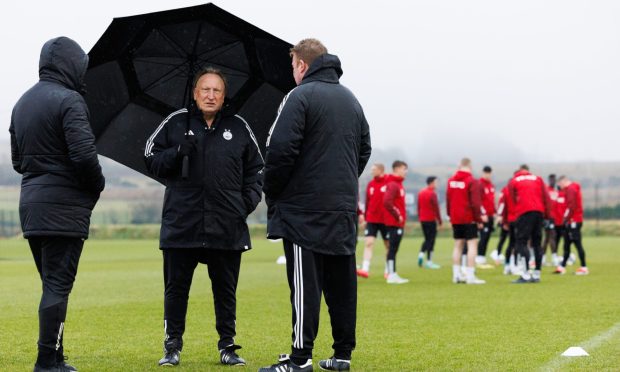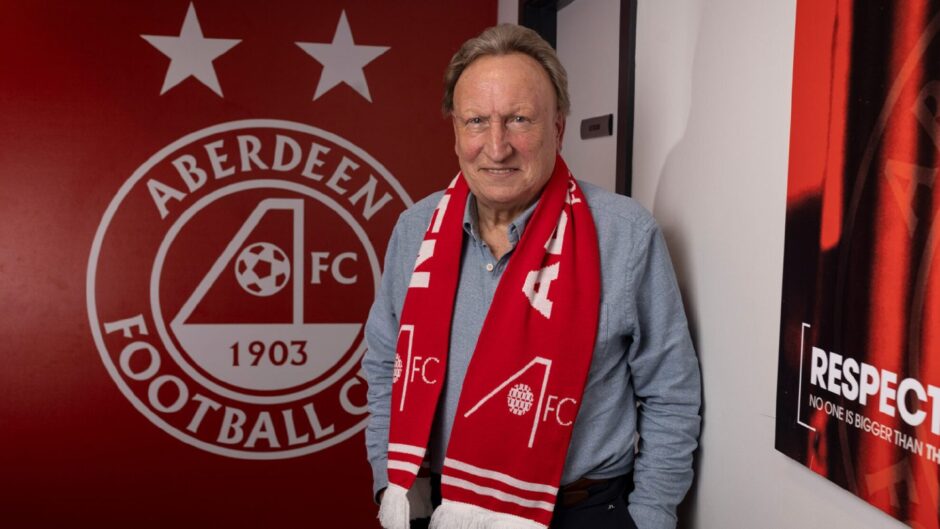Neil Warnock is a manager who provokes opinions as strident as those he espouses.
To plenty, both at some of the myriad clubs he has passed through and casually amused bystanders, a legend; to still others, a clown.
Predictably, his off-script arrival at Pittodrie has inspired similarly extreme reactions.
For each expression of bafflement or exasperation, a tweet that almost audibly squeals with delight – full disclosure, not all from Aberdeen fans – at what might be in store.
As is often true in life, the reality lies somewhere in between.
In the grand scheme of things, there isn’t much that could conceivably happen over the next three months that would leave a lasting scar on the club; equally, save for unexpected Scottish Cup success, the ceiling is not high.
By far the likeliest outcome is that this constitutes little more than an entertaining interlude in the ongoing saga of Aberdeen FC.
Much has been made of Warnock’s late-career reputation as an extinguisher of mid-season fires, and what dialling his emergency number says about the club’s view of itself and its position.
For one whose previous manager was still professing hopes of finishing third as recently as a week and a half ago, sending for a professional relegation-averter seems quite the exercise in self-reflection.
That, though, ignores two things: first, that Warnock’s status as a slayer of demotion dragons is largely of his own volition in this phase of his life; and second, that he has led a substantial number of promotion campaigns in his time.
Though admittedly it has been some years since he has done so without the backing of huge wealth, the consistent points-gathering process which that entails is not dissimilar to what Dave Cormack will be asking for if his sights are still set on Europe.
But to those whose interest is vested in the club and not simply following the extent to which they’ve Cinched it, arguably the most significant aspect of this appointment is the external operational review which accompanies it.
Few people have seen Aberdeen Football Club from more angles than Willie Miller, and when he says the engagement of this consultancy smacks of an organisation that does not know what it is doing, there is merit in his view. It is a suspicion of many that the job of running the operation has proven a much tougher one than Cormack and his colleagues estimated it to be.
It is, therefore, a positive that they now appear to acknowledge similar misgivings. For when an entity is run by people who fear they have failed to uncover the optimum methods themselves, it is better that they seek direction from someone else than that they simply keep digging.
If nothing else, Cormack has ensured that the spotlight, temporarily, will be drawn to other actors on the Pittodrie stage, theoretically allowing them to conduct that work in peace. There will be no excuse for getting the next appointment wrong.

